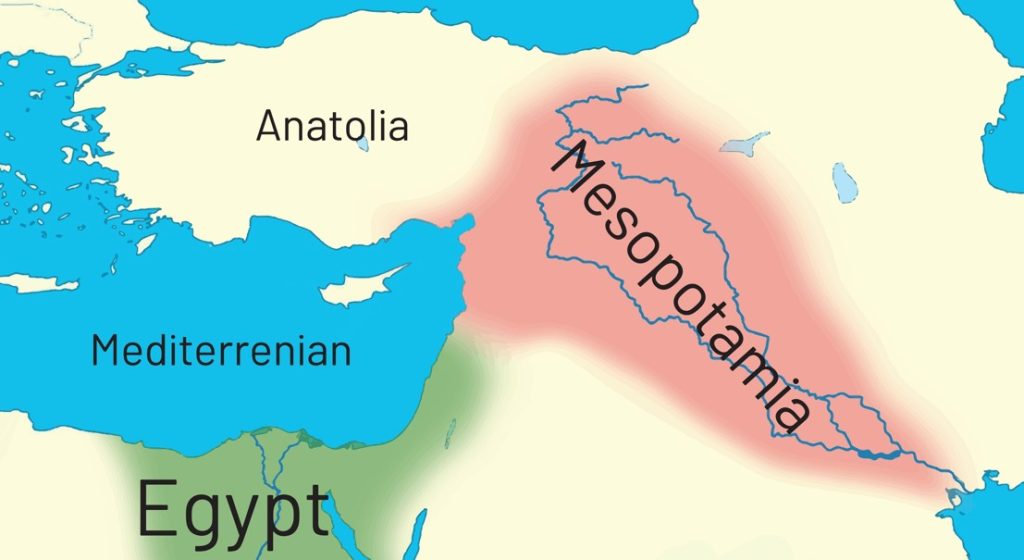Mesopotamia, often referred to as the “cradle of civilization,” is a historical region located between the Tigris and Euphrates rivers, primarily in modern-day Iraq and parts of Syria and Turkey. It is renowned for being one of the earliest centers of human civilization, where significant advancements were made in writing, agriculture, urbanization, and governance. Notable civilizations that emerged in Mesopotamia include the Sumerians, Akkadians, Babylonians, and Assyrians, who contributed to the development of cuneiform writing, the wheel, and various legal and mathematical systems. Its rich history deeply influenced subsequent cultures and continues to be a vital area of archaeological and historical research.
Origins and Geography
The fertile lands of Mesopotamia, known as the Fertile Crescent, provided an ideal environment for agriculture. The Sumerians, one of the earliest known civilizations, emerged around 3500 BCE in southern Mesopotamia, establishing city-states like Ur, Uruk, and Eridu. This agricultural abundance fueled population growth and the rise of complex societies.
Innovations and Achievements
The people of Mesopotamia made groundbreaking advancements in various fields. They developed cuneiform writing, one of the world’s first systems of writing, enabling the documentation of laws, trade transactions, and literature, such as the Epic of Gilgamesh. The invention of the wheel around 3500 BCE revolutionized transportation, while mathematical and astronomical knowledge laid the groundwork for future scientific inquiry.

Religion and Culture
Religion played a central role in Mesopotamian society, characterized by polytheism. The Sumerians built ziggurats, massive temple complexes dedicated to their gods, which were seen as essential to maintaining cosmic order. Festivals and rituals punctuated the calendar, reflecting the people’s deep connection to their deities and the agricultural cycle.
Political Structures
As city-states grew in complexity, so did their governance. The Mesopotamians enacted some of the world’s earliest legal codes, the most famous of which is Hammurabi’s Code, dating back to around 1754 BCE. This set of laws established principles of justice and societal order, influencing legal frameworks in subsequent civilizations.
Legacy
The cultural, technological, and intellectual contributions of Mesopotamia have left an indelible mark on the history of humanity. Its innovations in writing, law, and urban planning continue to resonate, and its rich mythology and literature continue to inspire. Today, Mesopotamia is a focal point for archaeological study, helping historians to understand the complexities of early human civilization. As we delve deeper into its past, Mesopotamia remains a testament to the ingenuity and resilience of early societies that laid the foundations for our modern world.









